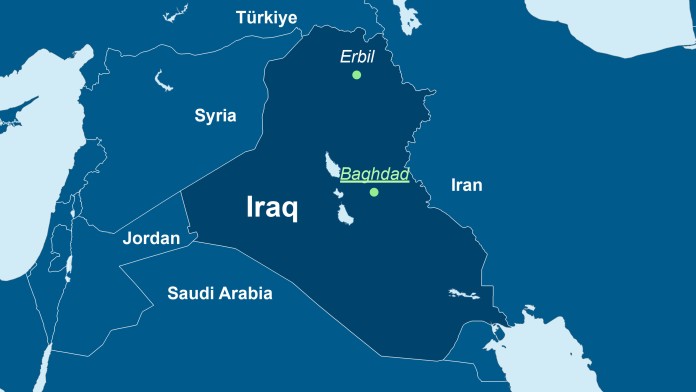
The name Mesopotamia means “the land between two rivers” – specifically, the Tigris and Euphrates. Today, it forms the heartland of Iraq. Mesopotamia is considered the cradle of civilisation, but has also always been a frontier territory in which countless battles have been fought. The areas from which Iraq was created in 1921 were populated by around three million inhabitants at the time. That figure now stands at 38 million. However, the composition of the population has changed little: 60% Shiite, 20% Sunni Arab in the North West, 20% Kurdish in the North, in addition to a variety of other ethnic minorities.
With regard to the situation today, the fall of Saddam in 2003 was followed by an occupation period with warlike conditions through to 2011, which fostered the rise of Islamic State. IS has been defeated militarily and sustainable stabilisation is now the greatest challenge in a country that is politically, religiously and territorially divided.
KfW Group
KfW Development Bank
Dr. Anna-Christine Janke
+49-69-31090068